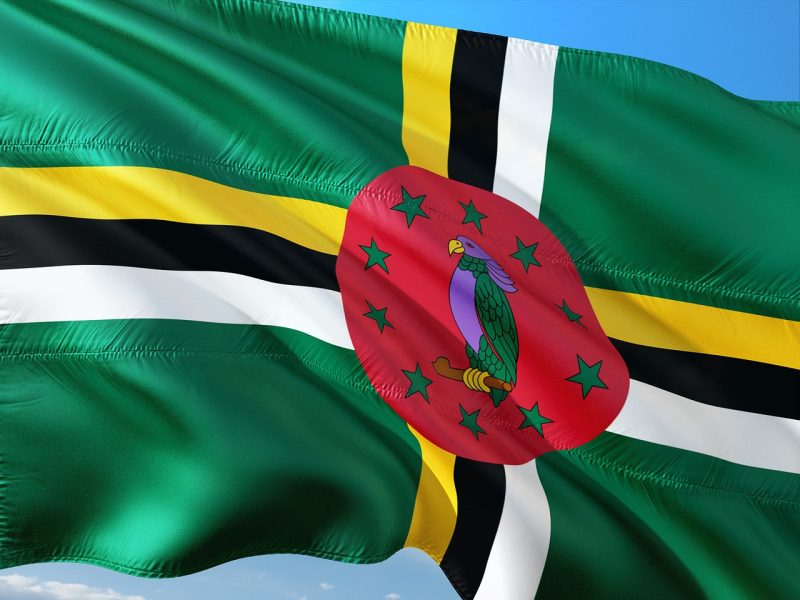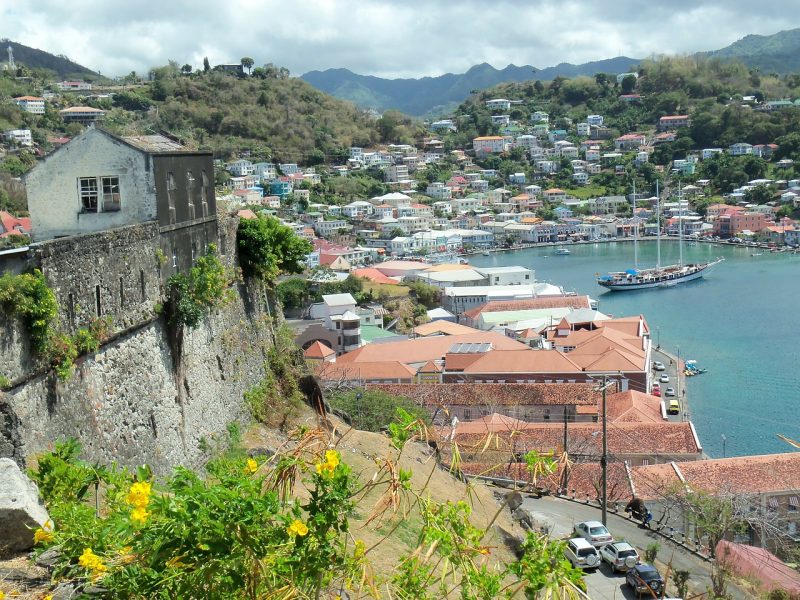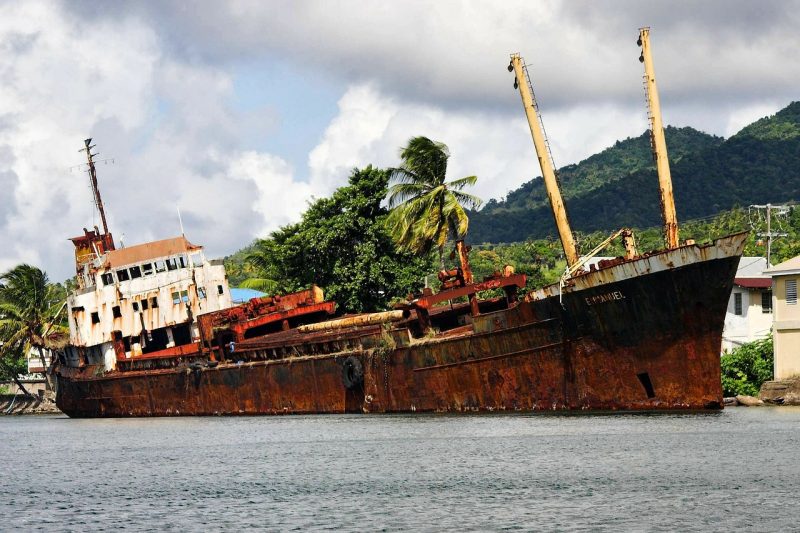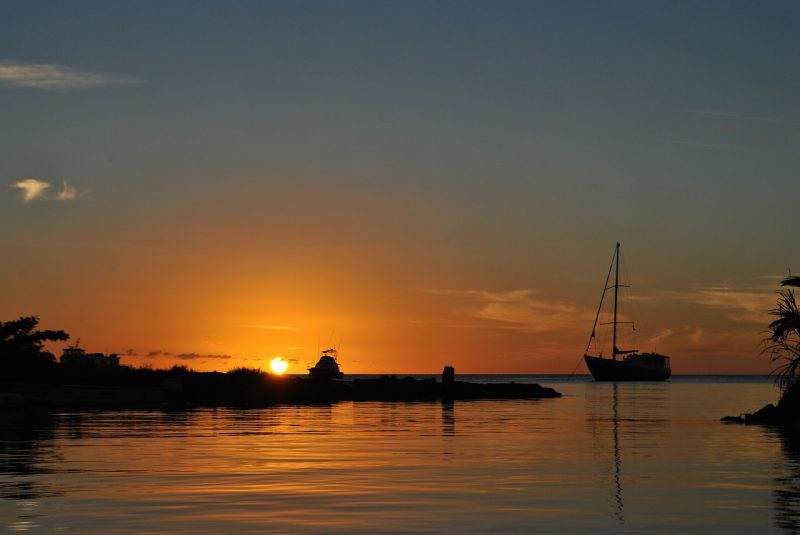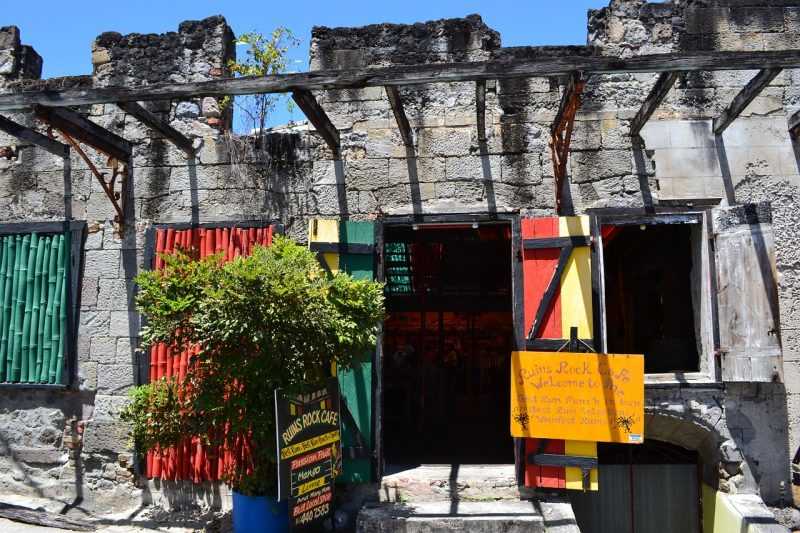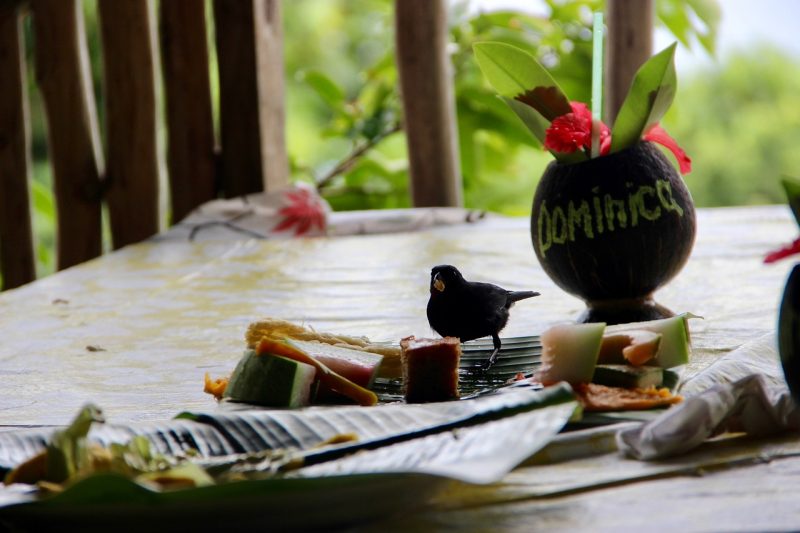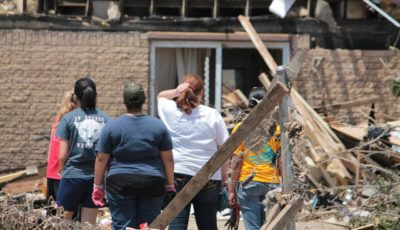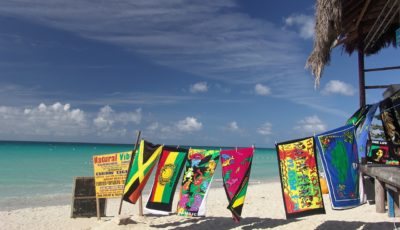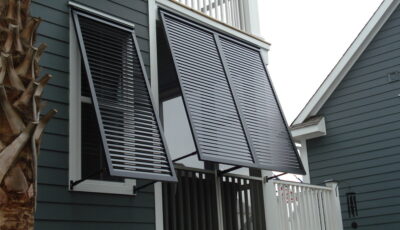How to make a real difference in Dominica after Hurricane Maria
Nine months ago, Dominica was a burgeoning economy. Its growth was amongst the strongest in the Latin and Caribbean (LAC) region. Its poverty rate was decreasing. Economic diversification was on the rise and investment in green energy, alternative agriculture and eco-tourism was positioning the tiny Caribbean island as a leading global force in renewable energy.
Within a single night, years of economic progress were jeopardised as Hurricane Maria hit. At least 28 people lost their lives and the hurricane left behind billions of dollars’ worth of damages.
This is why Dominica’s Prime Minister, Roosevelt Skerrit, is encouraging the private sector to reinvest their funds into the Dominican economy. Foreign investors, especially, are playing a significant part in the island-nation’s rehabilitation. Here are some of the ways in which people are making a real difference to this hurricane-stricken Caribbean nation:
Citizenship by Investment
Since 1993, the Commonwealth of Dominica has been fuelling foreign interest through its citizenship by investment programme. The programme offers external players citizenship in exchange for a sizable investment into the Dominican economy. Funds generated from the programme are then channelled into developing the country’s infrastructure, improving healthcare, education and economic diversification.
After Hurricane Maria, funds produced through the citizenship by investment programme have been directed towards rebuilding the island, ensuring it can reposition itself as a leader in renewable energy production.
The benefits for the investor are also significant. Not only do they gain citizenship for life and the right to live and work in Dominica, they also enjoy the right to remain remote, not residing in Dominica, as well as increased international mobility and political security.
There are two potential citizenship by investment routes in Dominica:
Economic Diversification Fund
Investing in Dominica’s Economic Diversification Fund (EDF) helps to invigorate the local economy. The EDF is used to sponsor a range of sectors, all of which are recovering from the devastating effects of Hurricane Maria, such as education, tourism, industrialisation and agriculture.
Contributing to the EDF is the most affordable option of any citizenship by investment programme in the Caribbean—currently it stands at only USD 100,000 for a single applicant.
Real Estate
The second citizenship by investment option requires the purchase of government-approved real estate. This real estate must subsequently be held for a minimum of three years, or five if the applicant intends to resell their property to another applicant under the programme.
Volunteer work
The people of Dominica continue to be in desperate need of supplies, education and employment opportunities. Support and ingenuity are required to help get Dominica back on its feet. Whilst some relief is being offered by UNICEF and Foreign Aid, the situation remains desperate. There are various ways in which the necessary charity might be offered.
Providing supplies
Guadiosa Ytac, who has been unemployed since the hurricane, and whose house was partially destroyed, explained how emergency goods were arriving in her little fishing village in Scotts Head, but not nearly enough: “Some emergency goods have been arriving, but we still struggle to get the stuff that everybody wants, like water. We have a drum to collect rainwater, but some days it’s dry and there just isn’t enough.” Ytac explained that some families were receiving aid from family in neighbouring Guadeloupe and Martinique, but those who aren’t are often left without provisions.
Offering Entrepreneurial Guidance
Dominica has a highly entrepreneurial young generation, who, in lieu of ample employers, are taking their future and their country’s economic prospects into their own hands. Anyone with advice tips to offer in regards to starting and running a business will find an attentive and aspirational young audience in Dominica.

